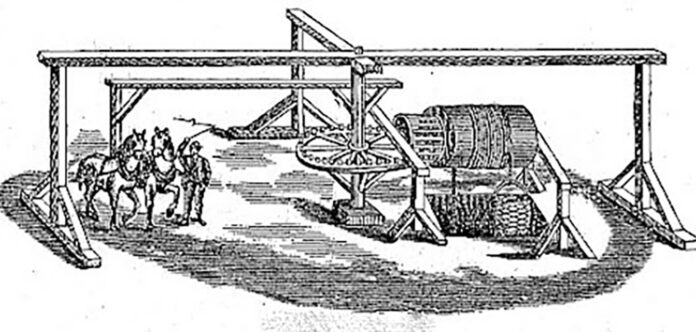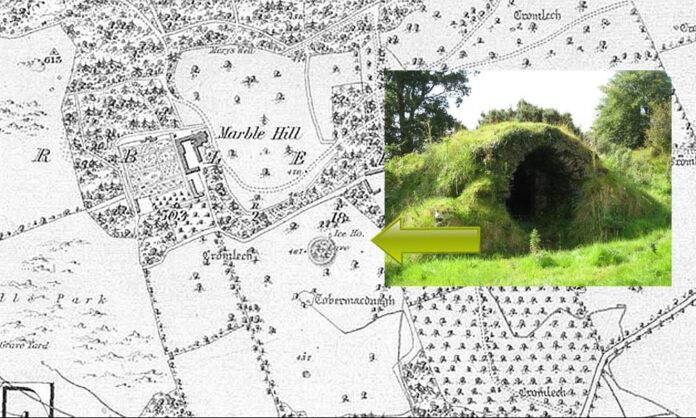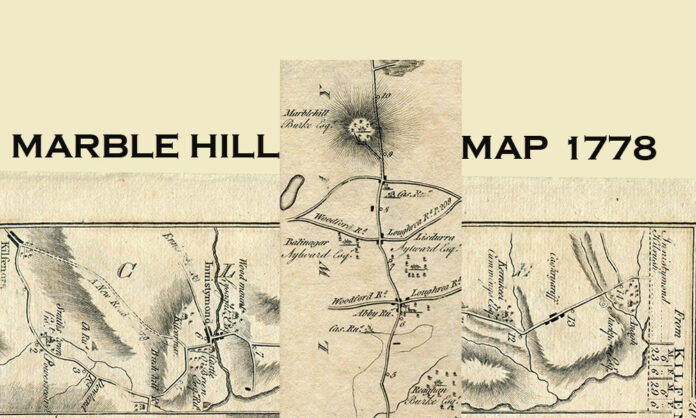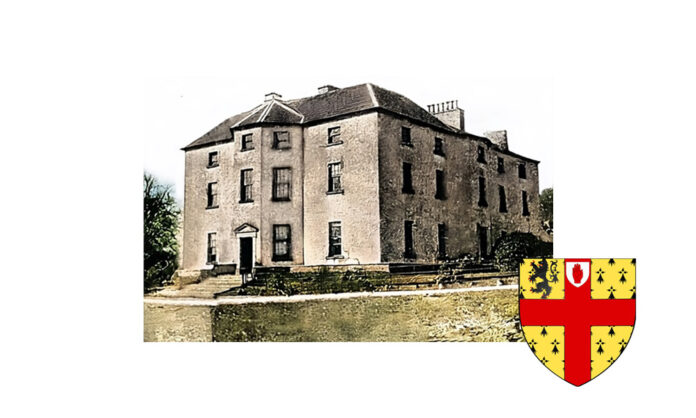A Tale of Two Eras: The Rise and Fall of Marblehill Estate
Marblehill Estate in County Galway boasts a rich and complex history, mirroring the social and political shifts of Ireland itself. This article delves into the estate’s opulent past and its eventual decline, offering a glimpse into a bygone era.
Grand Living For The Burkes
The Burkes, a prominent family, constructed Marblehill in the 1770s. The estate flourished throughout the 18th and much of the 19th century.
- Opulence and Innovation: The house itself boasted a central heating system, a marvel based on technology developed in Roman times!
- Generations of Burkes: Several generations of the Burke family called Marblehill home, solidifying their presence and influence in the region.
From Humble Beginnings to Grand Estate (1770s – 19th Century)
The Burke family constructed Marble Hill in the 1770s. As the 19th century dawned, the estate flourished alongside the Burkes’ fortunes. Griffith’s Valuation, a landmark survey of Irish landownership conducted in the mid-1800s, valued Marble Hill at a peak of £55. Sir Henry G. Burke held the reins in 1906, with the estate maintaining its value.
Shifting Tides and Financial Strain (Late 19th – Early 20th Century)
The Burkes’ fortunes began to wane in the late 19th century.
- Shifting Focus: The family’s political involvement diminished, and their primary source of income became rent paid by tenants who lived on the land.
- Financial Difficulties: By the early 1900s, the estate faced financial hardships, marking a sharp decline from its former opulence.
A Burning Chapter, The End of an Era (1922)
The year 1922 proved pivotal for Marblehill.
- Political Unrest and Departure: The Burkes, likely due to the tense political climate in Ireland, left Marblehill for their London residence.
- A Devastating Fire: The very same year, the house was set ablaze during “The Troubles,” a period of intense political conflict in Ireland. The fire raged for four days, leaving only a single, bricked-up window from the nursery intact. Local lore suggests the window was sealed following the tragic death of a young child, and the room was believed to be haunted.
- Division of the Estate: Following the fire, the remaining land was divided up and sold by the Irish Land Commission.
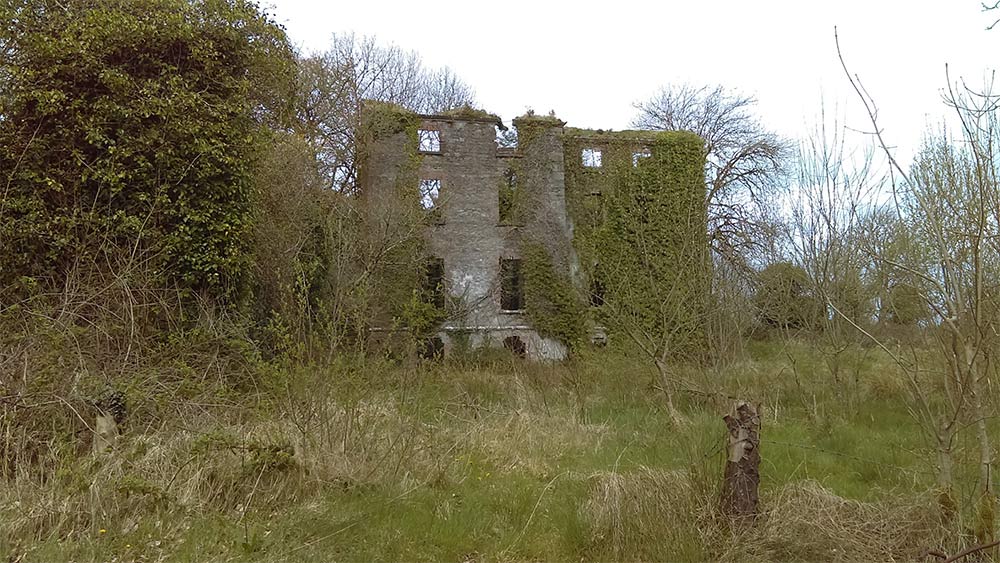
Echoes of the Past (Mid-20th Century – Present Day)
While the grand house was destroyed, remnants of Marblehill still stand.
- Preserving the Past: The servant’s quarters and gardens, including a functioning glasshouse until the 1970s, remained intact. The Rafferty family, the Burkes’ former housekeepers, resided in this section until the 1990s.
- A New Chapter: Kate Rafferty, the last Burke housekeeper, acquired the remaining estate and operated it as a guesthouse for many years. Currently, the estate lies in disrepair.
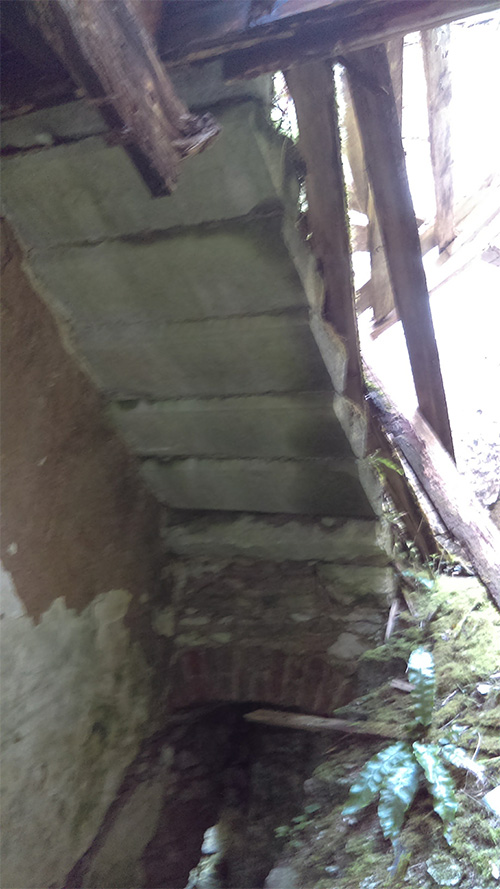
A Silent Sentinel, Marblehill Today
The grand house lies in ruins, a stark contrast to its imagined former glory. A Legacy Lost in the Irish Flame, remnants of a substantial stable block still stand resolute at the rear, whispering tales of the estate’s past grandeur. Marblehill’s story transcends the narrative of a single estate. It serves as a window into the social and political landscape of 18th and 19th-century Ireland. Its rise and fall mirror the shifting fortunes of the landed gentry and the tumultuous events that shaped the nation. The haunting ruins of Marblehill stand as a potent symbol of the transience of power and wealth, a reminder of the enduring power of history’s whispers carried on the Irish breeze.
The story of Marblehill Estate offers a fascinating glimpse into a bygone era. From opulent beginnings to its dramatic decline, the estate serves as a testament to the shifting tides of history.


